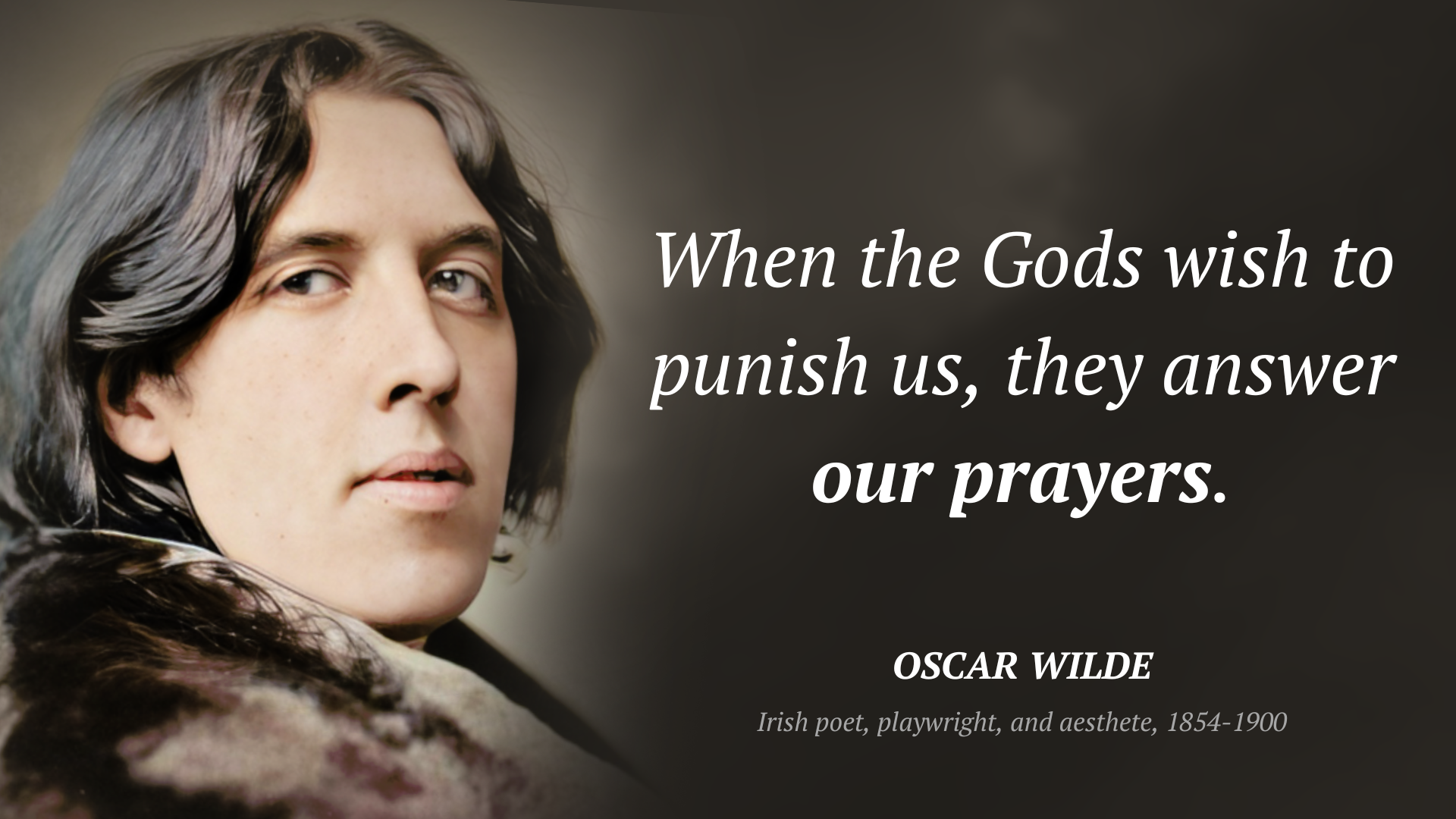“Time punishes us by taking everything, but it also saves us — by taking everything.”
Source: Ongoingness: The End of a Diary
Vol. I, Ch. 13: Of the King who did according to his will, and magnified himself above every God, and honored Mahuzzims, and regarded not the desire of women
Observations upon the Prophecies of Daniel, and the Apocalypse of St. John (1733)
Context: The Cataphrygians brought in also several other superstitions: such as were the doctrine of Ghosts, and of their punishment in Purgatory, with prayers and oblations for mitigating that punishment, as Tertullian teaches in his books De Anima and De Monogamia. They used also the sign of the cross as a charm. So Tertullian in his book de Corona militis... All these superstitions the Apostle refers to, where he saith: Now the Spirit speaketh expressly, that in the latter times some shall depart from the faith, giving heed to seducing spirits, and doctrines of devils, the Dæmons and Ghosts worshiped by the heathens, speaking lies in hypocrisy, about their apparitions, the miracles done by them, their relics, and the sign of the cross, having consciences seared with a hot iron; forbidding to marry, and commanding to abstain from meats, &c. 1 Tim. iv. 1,2,3. From the Cataphrygians these principles and practices were propagated down to posterity. For the mystery of iniquity did already work in the Apostles days in the Gnostics, continued to work very strongly in their offspring the Tatianists and Cataphrygians, and was to work till that man of sin should be revealed; whose coming is after the working of Satan, with all power and signs, and lying wonders, and all deceivableness of unrighteousness; colored over with a form of Christian godliness, but without the power thereof, 2 Thess. ii. 7-10.
“Time punishes us by taking everything, but it also saves us — by taking everything.”
Source: Ongoingness: The End of a Diary
Complete Works of Swami Vivekananda (1915), Vol. I, Ch. VII : Dhyana and Samadhi, p. 184
Context: Mohammed spoke some wonderful truths. If you read the Koran, you find the most wonderful truths mixed with superstitions. How will you explain it? That man was inspired, no doubt, but the inspiration was as it were, stumbled upon. He was not a trained Yogi, and did not know the reason of what he was doing. Think of the good Mohammed did to the world, and think of the great evil that has been done through his fanaticism! Think of the millions massacred through his teachings, mothers bereft of their children, children made orphans, whole countries destroyed, millions upon millions of people killed!
So we see this danger by studying the lives of great teachers like Mohammed and others. Yet we find, at the same time, that they were all inspired. Whenever a prophet got into the superconscious state by heightening his emotional nature, he brought away from it not only some truths, but some fanaticism also, some superstition which injured the world as much as the greatness of the teaching helped. To get any reason out of the mass of incongruity we call human life, we have to transcend our reason, but we must do it scientifically, slowly, by regular practice, and we must cast off all superstition. We must take up the study of the super-conscious state just as any other science. On reason we must have to lay our foundation, we must follow reason as far as it leads, and when reason fails reason itself will show us the way to the highest plane. When you hear a man say "I am inspired," and then talk irrationally, reject it. Why? Because these three states —instinct, reason, and super-consciousness, or the unconscious, conscious and super-conscious states—belong to one and the same mind. There are not three minds in one man, but one state of it develops into the others. Instinct develops into reason, and reason into the transcendental consciousness; therefore not one of the states contradicts the others. Real inspiration never contradicts reason, but fulfils it. Just as you find the great prophets saying, "I come not to destroy but to fulfil," so inspiration always comes to fulfil reason, and is in harmony with it.
The Plan of Delano (1965)


